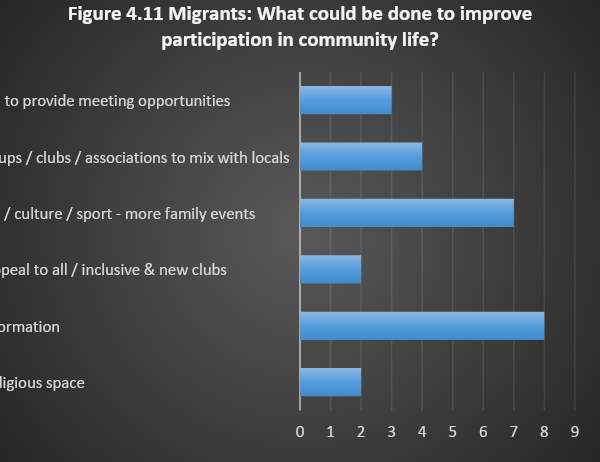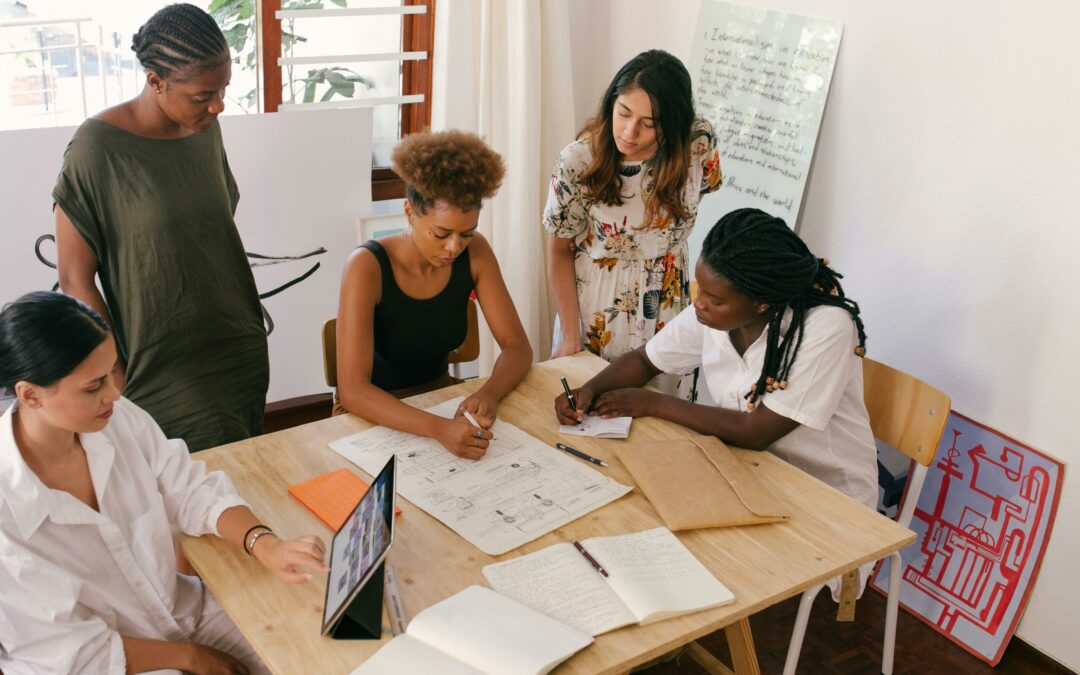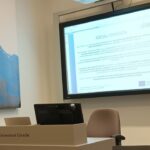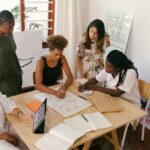Quality of Community Life: Positives, Negatives & What is Needed to Improve It?
These questions relate to the social capital of local areas and, in particular, community spirit/trust, getting involved in voluntary and community groups, collaboration to address local needs, as well as integration into community life of people from different backgrounds and cultures.
Perspectives of Social Groups on Quality of Community life
Focusing on the perspectives of Travellers, young people, migrants and people with disabilities on the quality of community life and community participation, there are some common themes particularly focused on the need to prioritise diversity and inclusion.
In relation to the perspectives of migrants, many stated that they didn’t know enough about civic participation, or didn’t feel their English language skills were good enough to get involved in community life. However, the most frequently cited positive is that they are living in good communities, where people are helpful, nice, respectful and supportive. The next most frequently cited positive is that community participation has enabled them to interact with other families and cultures. A small number of migrants reported positive experiences of getting involved in sports clubs, they have met new people and clubs are a good source of information.

In terms of negatives, the most frequently cited issue is that they are not informed about community and voluntary groups and local clubs. A small number stated that they feel community and voluntary groups lack diversity, are not inclusive or welcoming to foreigners.
In relation to what’s needed to improve participation in community life, the most frequently cited need is communication and more information. This is followed by having more activities for teenagers, music, cultural and sporting events and family events locally that migrants could participate in to get to know people. Other suggestions include: having meetings with different clubs and associations so that people from migrant backgrounds can mix with locals. Hosting free events and workshops would also create meeting opportunities for people from different cultural backgrounds. A small number suggest setting up new organisations or clubs that have wider appeal and are inclusive of all. Migrants also identified the need for places to meet.
Limerick: Positives, Negatives & What Is Needed to Improve It?
This set of questions sought to focus at a more strategic level on Limerick City and County as a whole, to understand different perspectives on what are the positives, negatives and areas for improvement.
Perspectives of Migrants on Limerick
Questions addressed to the specific target groups on positives, negatives and areas for improvement in Limerick led to discussions of many of the same themes but with different emphasis on specific issues. Much attention was given to Limerick City, with many of the migrants participating in the consultations being city-centre based.
The issues that migrants reported for Limerick as a whole are reflected in their perspectives on the local area level and community life. The main areas for improvement are: public transport services and connectivity, accommodation, shops in the city centre and access to health services. Providing opportunities for migrants to connect with local people, inter-cultural events and meeting opportunities are the first set of actions needed to support engagement of new cultural communities in community life in Limerick. Improved community flows and information are also needed.
Public Consultation Process: Conclusion & Application of the Findings
The findings from the consultation process, as summarised above, were used to inform the rationale for, and definition of, the High Level Goals and Objectives of the LECP. The findings are an important part of the evidence base for the LECP. The process was designed and conducted such that it could achieve wide and inclusive public engagement. It included outreach to promote participation by social groups who do not traditionally participate in such processes and migrants are only one of those groups.




